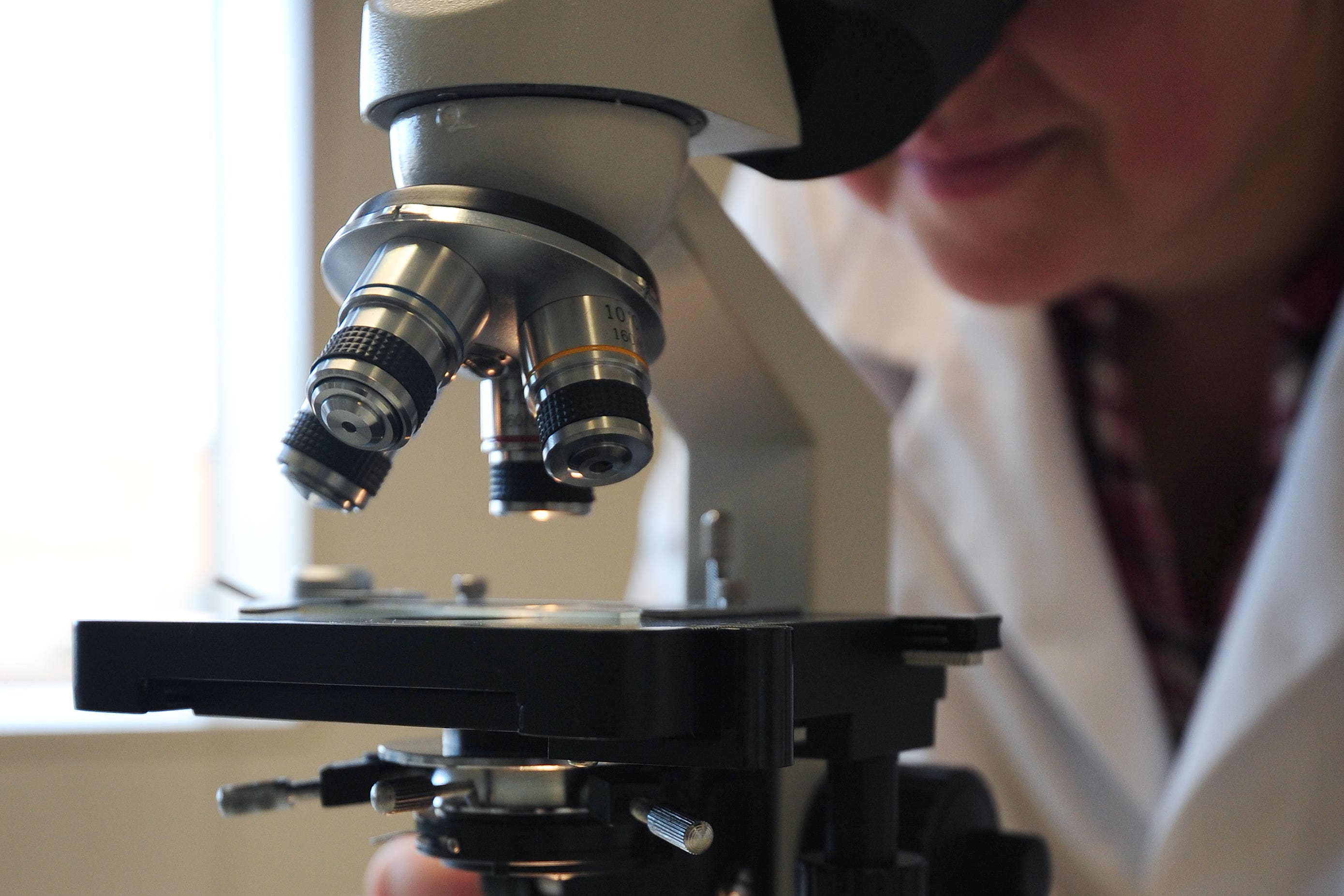New technique could help diagnose Parkinson’s disease before symptoms show
It involves identifying the build-up of abnormal proteins associated with the condition.

Your support helps us to tell the story
From reproductive rights to climate change to Big Tech, The Independent is on the ground when the story is developing. Whether it's investigating the financials of Elon Musk's pro-Trump PAC or producing our latest documentary, 'The A Word', which shines a light on the American women fighting for reproductive rights, we know how important it is to parse out the facts from the messaging.
At such a critical moment in US history, we need reporters on the ground. Your donation allows us to keep sending journalists to speak to both sides of the story.
The Independent is trusted by Americans across the entire political spectrum. And unlike many other quality news outlets, we choose not to lock Americans out of our reporting and analysis with paywalls. We believe quality journalism should be available to everyone, paid for by those who can afford it.
Your support makes all the difference.A technique that identifies the build-up of abnormal proteins associated with Parkinson’s disease may diagnose the condition long before symptoms start to show, scientists have said.
New research published in The Lancet Neurology journal appears to confirm that the method, known as alpha-synuclein seed amplification assay (alphaSyn-SAA), can accurately identify people who are at risk of developing the disease.
The scientists said their findings could pave the way for early detection, diagnosis and treatment of Parkinson’s.
Co-lead author Professor Andrew Siderowf, of the University of Pennsylvania Perelman School of Medicine (USA) and Parkinson Progression Marker Initiative (PPMI) investigator, said: “Identifying an effective biomarker for Parkinson’s disease pathology could have profound implications for the way we treat the condition, potentially making it possible to diagnose people earlier, identify the best treatments for different subsets of patients and speed up clinical trials.”
Parkinson’s is difficult to diagnose because, at present, there is no specific test for the condition.
Symptoms vary from person to person and a number of other illnesses have similar symptoms, which means the condition can often be misdiagnosed.
It is caused by the build-up of abnormal proteins known as alpha-synuclein (alphaSyn) throughout the brain and the nervous system.
Identifying an effective biomarker for Parkinson's disease pathology could have profound implications for the way we treat the condition
This build-up is thought to occur years before physical symptoms such as tremors, slowness of movement or muscle stiffness start to emerge.
The study involved 1,123 participants – one of the largest so far to assess the usefulness of the alphaSyn-SAA technique.
The group included individuals with a diagnosis of Parkinson’s disease, at-risk people with gene variants – GBA and LRRK2 – linked to the condition, and prodromal people – those showing early non-motor symptoms such as sleep disturbance or loss of smell.
Samples of fluid that surrounds the brain and the spinal cord were taken from each participant and analysed using the alphaSyn-SAA technique.
In prodromal participants, the researchers found that 89% of participants experiencing loss of smell had positive alphaSyn-SAA results.
Similarly, in people with REM sleep behaviour disorder – a sleep disturbance that is known to be a precursor to Parkinson’s disease – 85% of cases had positive alphaSyn-SAA results.
The results varied for people with genetic forms of Parkinson’s disease, the researchers said, with 96% of those with the GBA variant having a positive alphaSyn-SAA, compared with 68% of those with LRRK2.
The researchers said the symptom that most strongly predicted a positive alphaSyn-SAA result was loss of smell – which is common in prodromal people and those with a Parkinson’s disease diagnosis.
Study author Dr Tanya Simuni of Northwestern University in the US, said: “While loss of smell appears to be a strong predictor of Parkinson’s disease, it’s important to note that this study identified individuals with positive alphaSyn-SAA results, but who had not yet lost their sense of smell, indicating that alpha-synuclein pathology may be present even before there is a measurable loss of sense of smell.
“Our study looked at patients at a fixed point in time only, and further research is needed to find out how patients’ sense of smell may change over time, and how this relates to the build-up of alpha-synuclein aggregates in the brain.”
The researchers said further longer-term studies with larger sample sizes are needed to assess the usefulness of the alphaSyn-SAA technique.